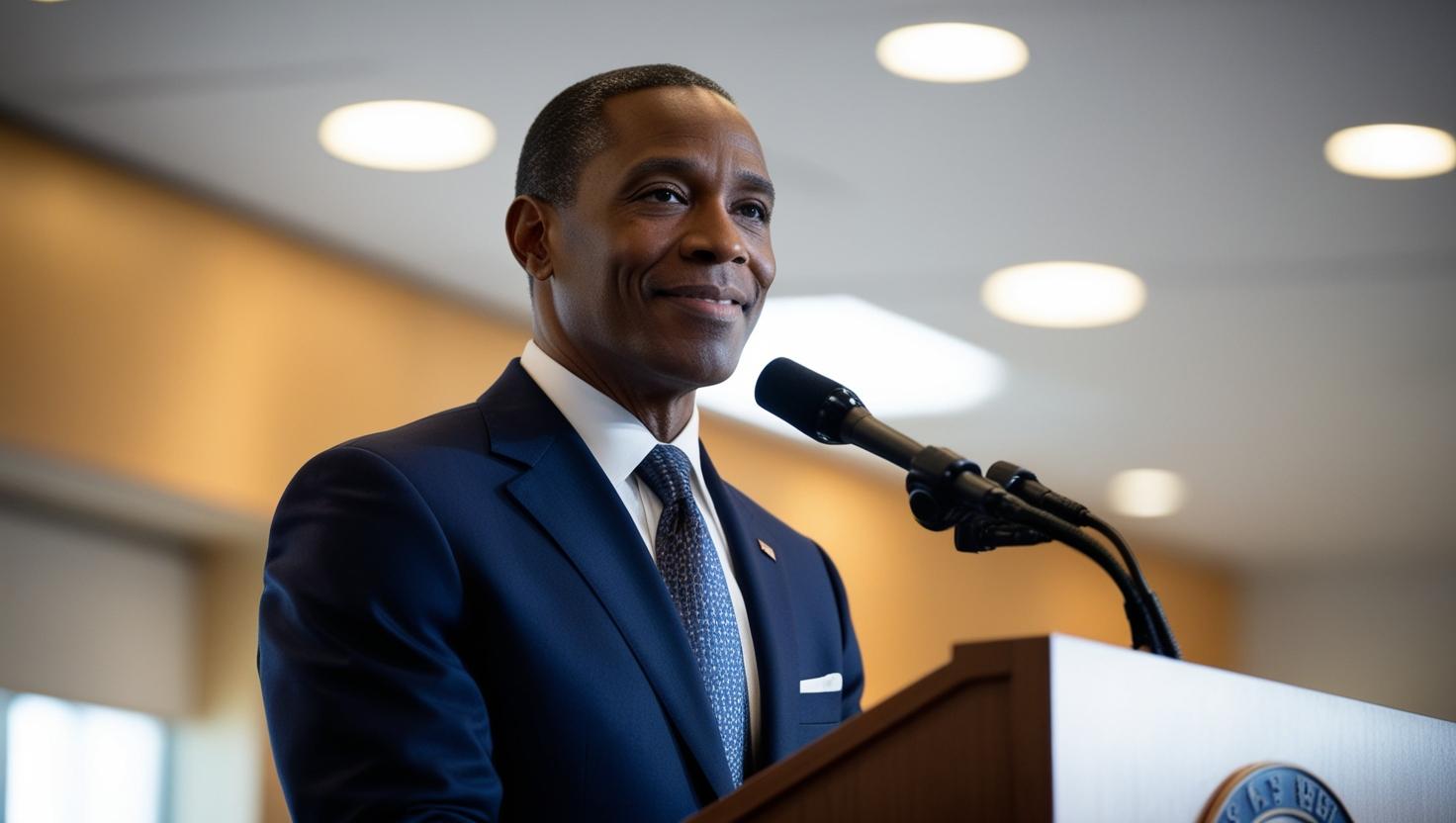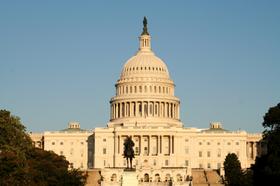How Private Schools Can Manage Bad Press: Strategies for Crisis Communication
- "Popular teacher murdered"
- "Accusations of sex abuse at prestigious private school"
- "Lavish expenditures on headmaster's house renovations"
I am not making these up. These are examples of incidents that have actually taken place at private schools.
- In the course of running any business, things happen that can generate negative and unwanted publicity.
- A private school is a business. How you handle a crisis will have a huge impact on the future of your school.
It's the head of school's worst nightmare to read a story about something that happened at his school.
- It's a parent's worst nightmare to read a story about something that happened in her children's school.
- It's a teacher's worst nightmare to be in the midst of the maelstrom, which is the evolving story with all its investigations.
Canva generated this picture of a head of school.

Managing A Crisis
The Head of School's Role
21st-century heads of schools know that they cannot simply circle the wagons and deny the existence of the story. A couple of decades ago, when social media and blogs did not exist, the fortress mentality was how many heads handled tough situations.
- You expelled a few students and fired some staff, and hopefully, the matter was put to rest permanently. Not anymore.
- Unfortunately, smartphones flash photos, comments, and opinions around the world in seconds.
- Your story better deal with all those reports effectively and professionally.
These days, when bad press appears, it takes on a life of its own.
- It is bad enough to see a column or two in a respected national journal such as the New York Times or the Washington Post.
- However, when an article appears on multiple platforms? Well, that's pretty serious stuff.
- Stonewalling, in any form, will not do.
- The 21st-century version of stonewalling is the spin a good public relations agent can and should put on a tough story.
- But "No comment" will not work either.
- Go that route at your peril.
Paul Anderson explains how to deal with bad news.
Implement Protocols and Communication Strategies
Bad press is the acid test of your internal protocols and procedures for handling an emergency.
- Did the people in charge do the right thing at the right time according to the established protocols and procedures?
- You better make sure they did.
Were updated protocols and procedures put in place to handle the seemingly endless list of possible incidents?
- The protocols and procedures you adopted in the '90s are probably not robust enough for this electronic age.
- Review them.
- Explain them.
- Train everybody on how to handle and what to do when a crisis occurs.
- Remember fire drills? Do the same with your crisis management plan.
- Practice it regularly so that everybody in your community knows what to do.
Communication is key. Lots of it. Factual and fast.
- The story will begin to fade when you supply answers to the questions most people in the press have.
- Address those primary concerns clearly and as best you can.
- A press conference is a good idea when you can afford to hire a professional to arrange it and manage it.
- If you are not careful, a press conference can be a savage experience, casting you and your school in a completely negative light.
Recognize The Media's Bias Against Private schools
Remember: the media tend to view private schools in a negative light anyway.
- When interviewed about private schools, I am nearly always asked to agree or disagree with the statement that private schools are elitist or bastions of privilege.
- I am pretty good at marshaling the facts to rebut those negative views simply because I have been doing it for years.
- However, if you get blindsided with those sorts of negative questions in a press conference, you'd better have the right answers at your fingertips.
- Failure to do so will cast everything else you say in the wrong light.
"This bad thing happened. This is what we are doing about it."
- Face the issue head-on.
- This is the way to proceed most of the time.
- So much depends on the issue, of course.
- But you get the idea.
- Do not disassemble.
- Do not lie.
- Tell the truth.
- Give as many facts as you legally can.
This TED Talk illustrates how social media impacts 21st-century crisis management.
Get expert guidance.
Yes, you will need your attorney on hand to guide and advise.
- Do not assume you know the answers to every question.
- This is very important in small to medium-sized private schools.
- You probably do not use an attorney very often.
- I suggest that you keep one on retainer, just in case.
- It will be very reassuring to you and your staff to be able to call an attorney at 2 a.m. after you just heard that something has happened.
- Use email to broadcast a detailed response about the incident to your community.
- Use text messages and social media to broadcast breaking news so that your community gets the facts firsthand from a trusted source.
The Parent's Role
It's very scary to receive a text message about something that has happened at school.
- Your first concern is for your children.
- Were they involved? Directly or indirectly?
- Should you withdraw them from that school? Send them back tomorrow?
- Obviously, the answers depend on the situation.
However, as a general rule, read the news and information that the school sends you.
- Ask direct questions of school administrators instead of fretting with others about what may or may not have happened.
- Base your actions on the answers that you receive from the school.
- In most cases, things will get back to normal within a few days.
- If the incident was terribly upsetting, such as a suicide or a fatal car accident, the school will provide counseling resources to help every member of the school community understand and cope with the situation.
What The Teachers and Staff Must Do
It is very rough being in the middle of the maelstrom that follows an incident.
- The students are upset. Parents are upset. Administrators are upset.
- Teachers and staff will have to pitch in and be even more helpful than usual.
- There will be lots of questions.
Don't assume your staff will know what to do or say.
- Convene a training session to deal with these kinds of events.
- Tell your staff what you expect them to do and say.
- If they do or say the wrong thing, they will expose your school to rumors and gossip, not to mention legal action.
Crises come in many forms, but they share one thing in common, namely that they are always unexpected.
- Arnold Howitt of Harvard University explains how important it is to prepare for crises and emergencies is.
- Don't speculate. You will be told what you can and cannot say.
- For legal and many other reasons, resist making any comments electronically.
- On Facebook. Twitter. Instagram. YouTube. Anywhere.
- Those seemingly innocent messages could come back to haunt you.
Teachers and staff are the public face of the school. Always remember that.
- Your first responsibility is to your students.
- Follow the protocols and procedures that your school has laid out for handling situations like the one you are facing. If you are not sure, ask an administrator for guidance.
Conclusion
In conclusion, the best way to deal with any crisis is to be prepared, be honest, be open, and be available.
- Always keep your cool. Think before you speak.
- If you are a head of school, I think your best preparation is to watch as many press conferences as possible.
In particular, watch press conferences that took place after an incident in a school.
- Doing that will give you a deep appreciation of the points which I have made in this article.
- Practice handling an emergency with your staff and teachers.
- You hold fire drills regularly. It just makes good sense to ensure that everybody knows what to do in an emergency.
Questions? Contact us on Facebook, Instagram, and YouTube. @privateschoolreview
#CrisisManagement #PrivateSchools #BadPress #CommunicationStrategies #SchoolReputation
























